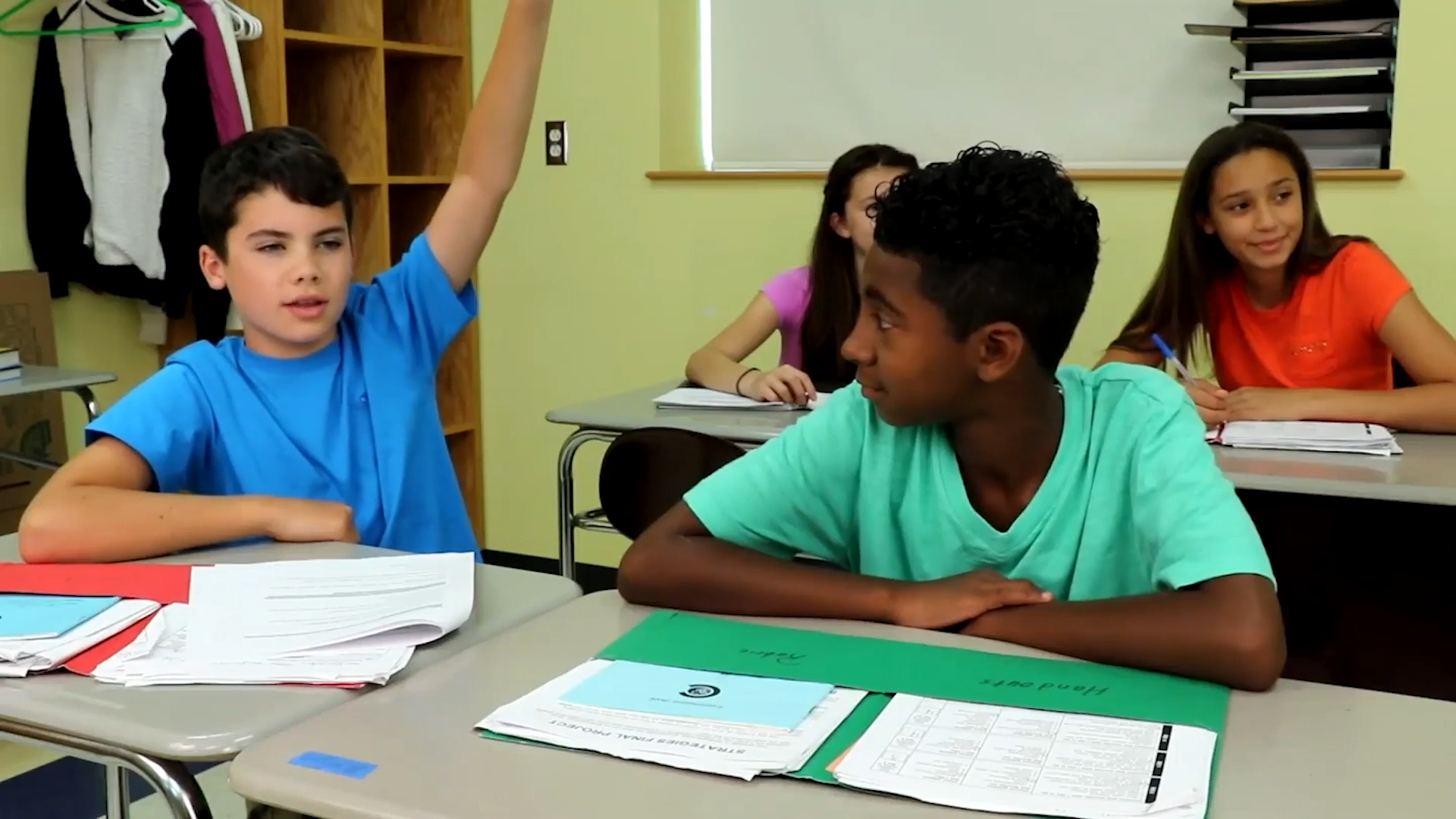
Introduction
Active listening is a vital skill for students to develop in the classroom. It not only enhances their learning experience but also contributes to a positive and respectful learning environment. This blog post will discuss the importance of active listening, provide a no-prep activity for educators to use in their classrooms, offer discussion questions to stimulate further conversations, and mention related skills that can benefit students.
No-Prep Activity: The Listening Game
This simple and engaging activity requires no preparation or materials from the educator. The Listening Game helps students practice their active listening skills and encourages them to pay attention to their classmates and the teacher.
- Ask students to sit in a circle or at their desks.
- Choose one student to start the game by sharing a fact about themselves, such as their favorite color or favorite animal.
- The next student must repeat the fact shared by the first student and then add their own fact.
- Continue this process around the circle or classroom, with each student repeating the previous facts and adding their own.
- If a student has difficulty remembering a fact, encourage their classmates to offer gentle reminders.
This activity helps students practice their listening skills, develop their memory, and learn more about their classmates in a fun and engaging way.
Discussion Questions
After completing the Listening Game, use these discussion questions to stimulate further conversations about active listening:
- Why is it important to listen carefully when someone else is talking?
- How does active listening contribute to a positive classroom environment?
- What strategies can we use to improve our active listening skills?
- How does active listening help us learn better in the classroom?
- Can you think of a time when you practiced active listening? How did it make you feel?
Related Skills
Developing active listening skills can lead to improvements in several other areas:
- Communication: Active listening is an essential part of effective communication, leading to better understanding between classmates and teachers.
- Empathy: By actively listening to others, students can better understand their classmates’ feelings and perspectives, fostering empathy and compassion.
- Self-regulation: Practicing active listening requires students to control their impulses to interrupt or speak out of turn, promoting self-regulation skills.
- Collaboration: Active listening helps students work together effectively in group projects and discussions, leading to more successful collaborations.
Next Steps
Now that you have explored the importance of active listening and tried a no-prep activity in your classroom, we encourage you to delve deeper into the world of Social-Emotional Learning. Sign up for free samples of skill-building activities and resources, and discover more ways to foster a positive learning environment for your students.

